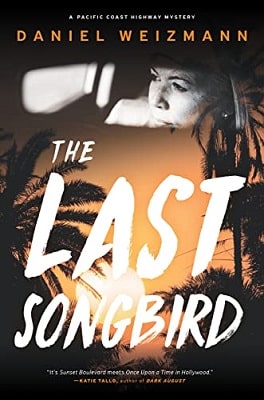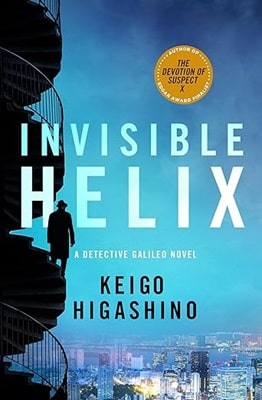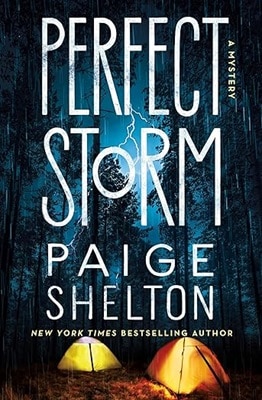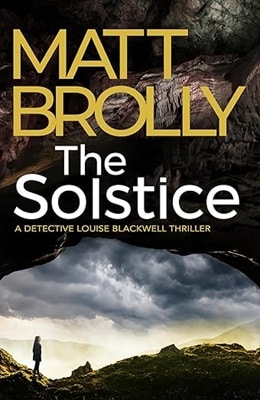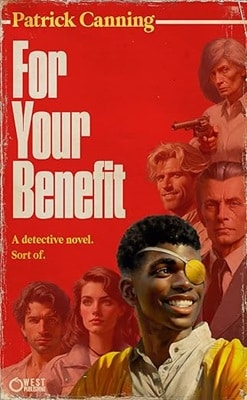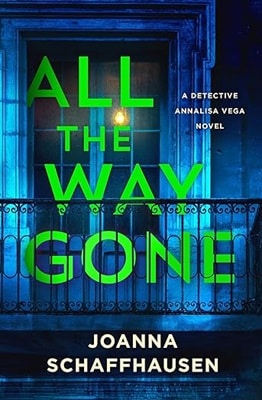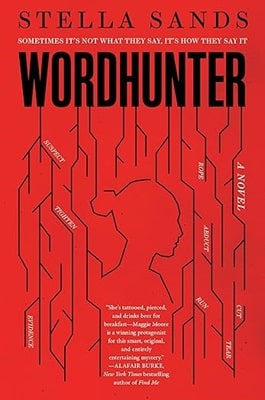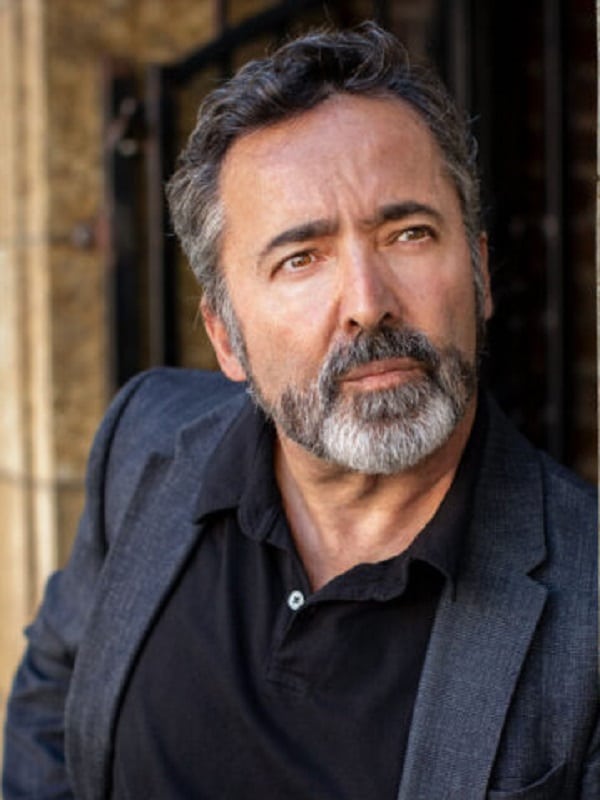
Daniel’s fiction, humor, and pop culture rants have appeared in the LA Times, UK Guardian, Mojo, AP Newswire, Jewish Journal, Billboard, L.A. Reader, and California Magazine, as well several books including Too Cool, Hardcore California, Turn Up the Radio!, and Drinking with Bukowski.
Interview by Valerie J. Brooks
Q. You’ve written one of the best neo-noirs I’ve read in a long time. What made you write a neo-noir and what was your inspiration?
Daniel: I’m a huge fan of Raymond Chandler and Ross McDonald’s, and all the movies that have grown out of their sensibility like “Sunset Boulevard.” But as I wrote, I was hyper-conscious of not writing what I call nostalgic noir that’s set in the 40s and has a kind of protective sheen on it. I wanted to write about the actual world around me and not lean on classic noir.
Q. Like Chinatown. It’s considered the pinnacle of neo-noir.
Daniel: Yes. I study that movie on a regular basis. I never, never start a new story without rereading my notes on that movie because it’s almost supernatural.
Q. I love your main protagonist Adam Zantz. He’s a perfect noir main character—a failed songwriter, a short-lived PI, and now a Lyft driver. Where did your idea for Adam come from?
Daniel: I lived in New York for about ten years and then Israel for about eight. I was actually born in Israel, but I came here when I was a baby. When I came back to Los Angeles after eighteen years of being away, I didn’t have much to show for my adventures. I had no job. I had no substantial relationships. It was a culture shock. LA is a very intense place because it’s not like any other place. I felt extremely rootless, was living in a guest house, and was scrambling. Plus, I was getting older. I had this incredible sense of how lost a person could be. When I first started writing The Last Songbird, I tried to write Adam as a limo driver, but that didn’t work. Then suddenly this Uber and Lyft culture started. And I was like, ah, that’s my guy. And it totally worked. I knew who he was immediately.
Q. Annie Linden, the songbird of the title, is a complicated, aging singer-songwriter, a musical legend, who is murdered. Have you met or admired any legends like her? Where did you come up with her?
Daniel: I met Groucho when I was little as he was walking down the street with two young nursemaids. I wrote a fan letter to Gene Kelly around that same time, and he wrote me back. So, I was always an autograph hound. Always starstruck. I’ve met and worked with some divas over the years, but no particular singer-songwriter. As for creating Annie Linden, she could have been based on Anne Sexton, Mary McCarthy, or any 20th-century formidable, artistic star.
Q. Adam seems to think he’s special to Annie as her Lyft driver. After her murder, he has two clear goals: to determine what the cryptic text from Annie meant and to find out who killed Annie in order to clear his name. Tell us about their relationship.
Daniel: I love the fact that he thinks she really cares about him, but he’s going on blind faith. I believe they do have some real electricity together, and I believe she responds to him in a way that she wouldn’t respond to just anybody. She senses something in him about being a dreamer, and about being driven by his heart.
Q. We know from Adam that Annie said she thought he had songwriting talent. What’s your take on that? Do you really think she thought he had talent? And if yes, would she have helped him if she stayed alive?
Daniel: I think she would have done something to help him…just to make him feel good. But having grown up in Hollywood and around the business, I also know that you can have the most powerful person in the world behind you, but they can’t make it happen if the stars don’t align.
Q. I read that The Last Songbird “explores the consumptive nature of fame.” I know you didn’t write that, but what does it mean to you?
Daniel: Well—it’s about what it’s like to be around somebody with a special magnetism. Adam will do anything for Annie, including pick her up and take her anywhere at any time of the day. It’s star power…but we’re also talking about something that everybody experiences, even, say for example people working on a farm in McMinnville. What Adam goes through with Annie, yes, fame does play a role in it. What fame does is create a massive power imbalance in the relationship.
Q. And as you say that can happen on a farm in McMinnville.
Daniel: Yes. I think the story is actually an exploration of the consumptive nature of attachment.
I wasn’t conscious of this while I was writing, but part of the deal with Annie has to do with the vulnerability of aging. She hasn’t lost her faculties or anything, but she’s kind of isolated. There’s something genuinely fragile about her. So, there is an attachment to Adam that fills a void in her life.
Q. The title The Last Songbird seems to insinuate that Annie is the last of her musical kind. What does that really evoke for you?
Daniel: I think she’s the last of a tradition that starts with the Bohemian women of the 1920s. She’s the last of a certain kind of 20th Century woman, and anybody who’s doing what she does now is automatically going to have so much self-consciousness about it. It’s that same arc that started with people like Djuna Barnes and Mary McCarthy, and poetry that goes to music and songwriting and rock and roll. That was a total revolution.
I think that Annie Linden’s naivete is also a product of being something but not knowing she’s an agent of change. She’s not somebody writing about it, or somebody addressing it from a pulpit. She’s the thing itself, you know?
Q. Your prose echoes a unique sound of 1920s jazz and modern punk, a rather delicious blend that also keeps the disjointed noir feel. Was this purposeful or just the outcome of your stew of influences?
Daniel: I think that I’ve always been attracted to a certain kind of rhythm. When I was a little kid, I’d listen to radio shows like The Saint and Dragnet, and they had a percussive rhythm. Then my aunt took me to see A Damsel in Distress with Fred Astaire and Joan Fontaine, and I completely flipped. I started taking tap dancing lessons. I also had these older hippie siblings, so I was the weird kid who didn’t like rock and roll. When punk came along, it was perfect. I didn’t realize until years later that the same rhythm of tap, of fast-talking old-time radio, is the rhythm of punk. I’m also one of the last of a generation that learned how to write on an electric typewriter. You have to have that rhythm with the typewriter.
Q. You stated in Shredder “…the best punk lyrics are notable for what they don’t do: They don’t paint hero fantasies.” Would you say that pretty much aligns with writing noir?
Daniel: A hundred percent! It’s truth-telling. Both cut through the BS.
Q. I thought Katie Tallo summed up The Last Songbird brilliantly when she wrote “It’s Sunset Boulevard meets Once Upon a Time in Hollywood.” If you were a reviewer, how would you describe it?
Daniel: I love what she wrote. I’ve gotten a couple great ones. The incredible T. Jefferson Parker said that it was half Warren Zevon and half Raymond Chandler.
Q. LA plays a significant role in the novel. What is it about LA besides Hollywood, that makes it such a terrific setting for noir?
Daniel: I think LA works so well for noir because it’s the city of fantasy, happiness, utopia, perfection, and ecstasy. It’s so ratcheted up that there’s nothing for the characters to do but crash. I lived in New York for many years, and it gives you a dose of reality every single day. You can fantasize there, but you’re always going to have to box with reality. In LA, you really can go into the Fantasy Zone. And because of that, you can also be woken up from it in a very brutal and abrupt way. Where there’s an ideal, there’s its shadow, right?
Q. Absolutely. When do you write?
Daniel: I have an eight-year-old, so I get up super early to write, sometimes like two to four in the morning. Sometimes five to seven in the morning. And sometimes I’ll wait till everybody goes to sleep.
Q. You write such relatable and fascinating characters. What do you attribute this to?
Daniel: My passion for characters, I think, comes from my early family life. I came from a big, blended family and grew up with five half-siblings that were older than me, most of whom were born in Morocco. When I was ten, on my mom’s side, her father and her sister moved in with us, and they all spoke Yiddish and Russian. So I grew up with a…fascination with family dynamics.
Q. The subtitle for The Last Songbird is “a Pacific Coast Highway Mystery.” Does that mean this is the first in a series and will we see Adam again?
Daniel: Yes, and yes. The second one is called Cinnamon Girl. Adam is asked by a family friend to look into a cold case from long ago. And very early on in his poking around he uncovers a test pressing of an LP that never came out, and it’s by an unknown band. So, he starts to uncover the story of this band in his attempt to solve this cold case. That’s slated to come out in May 2024. I’m also working on the third one.
Daniel’s playlist for THE LAST SONGBIRD can be found via this link to his publisher Melville House.
https://www.mhpbooks.com/music-to-write-to-a-playlist-by-daniel-weizmann/
Daniel Weizmann's Latest
The Last Songbird
A struggling songwriter and Lyft driver, Adam Zantz’s life changes when he accepts a ride request in Malibu and 1970s music icon Annie Linden enters his dented VW Jetta. Bonding during that initial ride, the two quickly go off app— over the next three years, Adam becomes her exclusive driver and Annie listens to his music, encouraging Adam even as he finds himself driving more often than songwriting.
Then, Annie disappears, and her body washes up under a pier. Left with a final, cryptic text— ‘come to my arms’— a grieving Adam plays amateur detective, only to be charged as accomplice-after-the-fact. Desperate to clear his name and discover who killed the one person who believed in his music when no one else in his life did, Adam digs deep into Annie’s past, turning up an old guitar teacher, sworn enemies and lovers, and a long-held secret that spills into the dark world of a shocking underground Men’s Rights movement. As he drives the outskirts of Los Angeles in California, Adam comes to question how well he, or anyone else, knew Annie— if at all.

